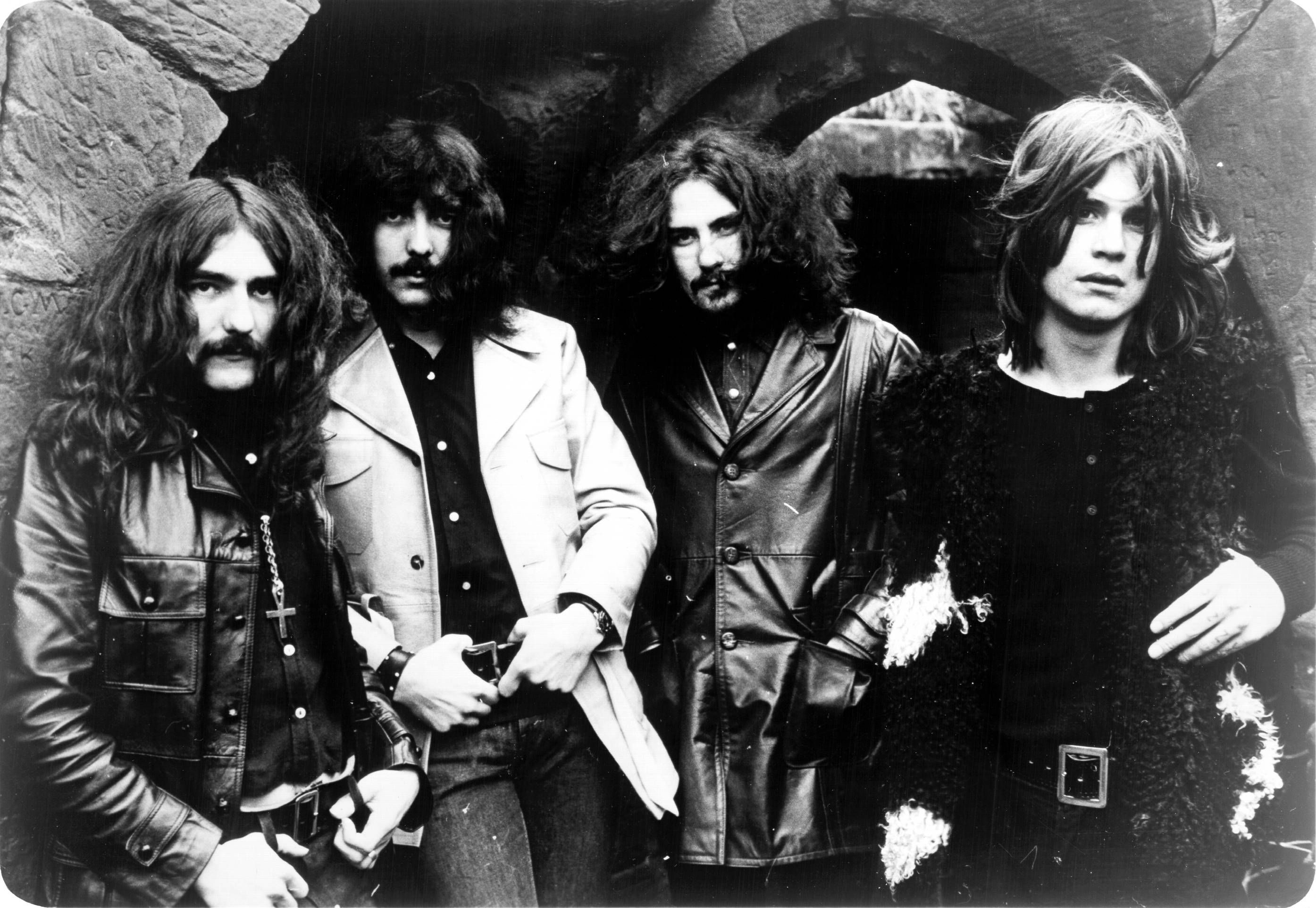I see that the troubled band Oasis is back on tour this summer. Lead vocalist Liam Gallagher and his brother, guitarist Noel Gallagher, are quite a story.
But first, a bit about the band name origin. The band was originally called The Rain and only featured one of the Gallagher brothers (Liam on vocals). Noel later joined, and it was then suggested by Liam that they change their name to Oasis.
Noel had a tour poster for the band Inspiral Carpets hanging on his bedroom wall. One venue for a gig was the Swindon Oasis Leisure Centre. Noel liked the word "Oasis" because it evoked a sense of a welcoming, idyllic place, which fit the band's aspirations at the time for their music.
But their history is hardly idyllic. The Gallagher brothers' tumultuous relationship is well-documented. Liam's on-stage antics often clashed with Noel's perfectionism, leading to heated arguments and physical altercations.
Noel, the primary songwriter, wanted to push the band's sound in new directions, while Liam preferred a more traditional rock approach.
Both brothers struggled with substance abuse, which further strained their relationship and impacted the band's performances.
Oasis's touring schedule and recording process were often marked by chaos, with canceled shows, delayed album releases, and reports of on-tour substance abuse.
In 2009, Noel Gallagher officially left Oasis due to "irreconcilable differences" with his brother. The remaining band members attempted to continue under the name Beady Eye, but ultimately disbanded in 2014. The brothers' feud continued even after the band's breakup, with both sides engaging in public jabs and insults.
However, in recent years, they've seemed to call a truce, with Liam and Noel reportedly having a more cordial relationship.
Despite their internal struggles, Oasis released several critically acclaimed and commercially successful albums, including (What's the Story) Morning Glory? and Be Here Now, and a bigger catalog of collections and remastered albums.









